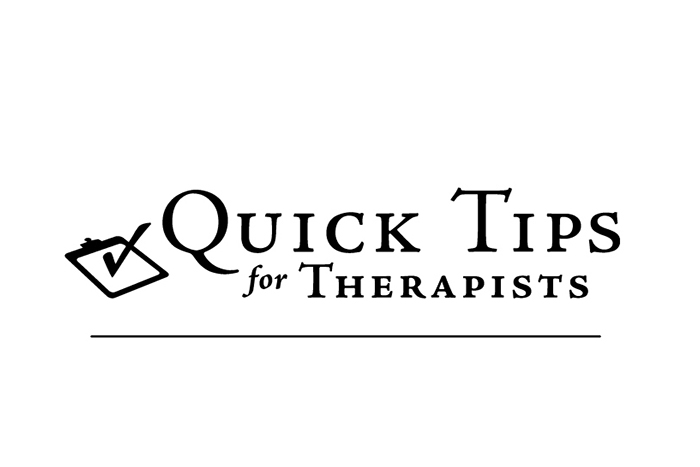By Stephanie M. Kriesberg, PsyD
Many clients berate themselves in their minds, dwelling on perceived failures from long ago. This mental punishment prevents them from making positive changes in the present.
Self-compassion is talking to ourselves with the same kindness and care we would a good friend, instead of beating ourselves up. We can teach our clients to have compassion for their younger selves, guiding them to let go of feelings of guilt and shame. Less burdened by these emotions, they can take effective action in the here and now.
Here is a sample dialogue with a client whose shame about not going to college is getting in the way of helping her son with his college search:
Therapist: Imagine your younger you with compassion, from the wiser place you are now. How do you see her? How do you understand why she didn’t go to college?
Client (tearing up): She had no support. She was on her own. Her parents kicked her out of the house when she was seventeen because she was gay.
Therapist: What would you say to your younger you, with compassion and kindness, from the place you are now?
Client: I would tell her that even though it was really hard, she made it. She started a business, got married, had a kid. She should feel proud, even though she didn’t go to college.
As the client builds compassion for her younger self, she is able to talk to her adult self more kindly. This allows her to help her son explore his wishes for college, instead of withdrawing and feeling she has nothing to offer him.
It’s important to remind your clients that self-compassion is an ongoing practice, perhaps brainstorming with them how to remind themselves to do it. Some clients are shocked to learn that talking to themselves as they would a good friend is even an option, and it makes them feel uncomfortable at first. They can put reminders on their phone to practice, or listen to a guided recording.
Stephanie M. Kriesberg, PsyD, has practiced clinical psychology for twenty-five years. A graduate of the Ferkauf Graduate School of Psychology of Yeshiva University, she is trained in psychodynamic psychotherapy, cognitive behavioral therapy (CBT), and acceptance and commitment therapy (ACT). In addition, she is trained in the practice of clinical hypnosis. Kriesberg is on the board of the New England Society of Clinical Hypnosis.



 2024 Peace Playbook: 3 Tactics to Avoid Clashes with Your Partner
2024 Peace Playbook: 3 Tactics to Avoid Clashes with Your Partner